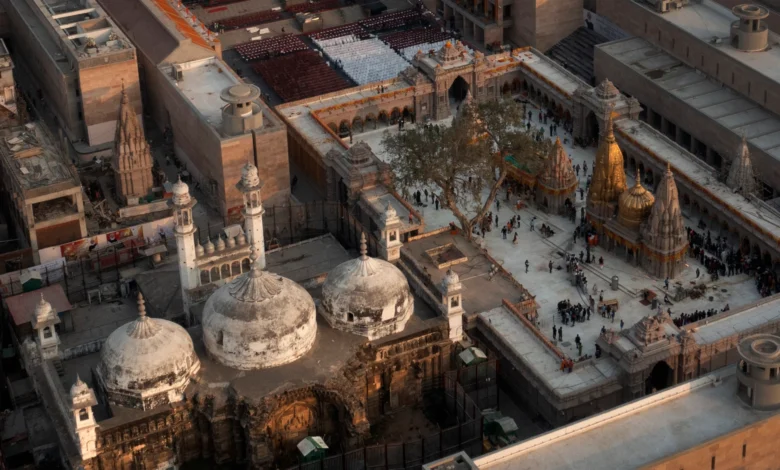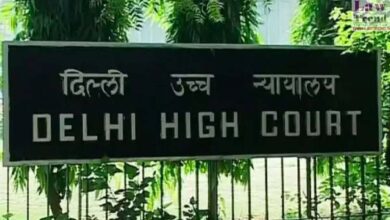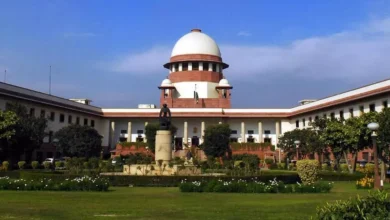Gyanvapi Mosque Case: Allahabad HC allows scientific survey & carbon dating of ‘Shivling’ by ASI in Varanasi
Muslim side has however claimed the shivling-like structure in their 'wazu khana' is a fountain.

The Allahabad High Court Friday set aside a lower court order and ordered a “scientific survey”, including carbon dating of the “shivling” said to have been found in the Gyanvapi mosque complex in Varanasi.
Through scientific survey it will be ascertained that how old is the alleged ‘Shivling’, is it really a ‘Shivling’ or something else, Vishnu Shankar Jain, the counsel appearing on behalf of the petitioners seeking the right to worship in the Gyanvapi mosque said.
In this matter, the Archaeological Survey of India had submitted its report in a sealed cover yesterday. The petition was filed on behalf of the women of the Hindu side. The order of the District Judge of Varanasi was challenged in the petition.
Carbon dating is a widely-used method that is applied to establish the age of organic material, that is to say, things that were once living.
Significantly, it has been further stated in the ASI’s report that Radiocarbon dating of rock material is not possible as it lacks the presence of atmospheric-derived14C.
However, a Live Law report adds that the images of the Shiva Linga show that the top part of it is divided into five sectors/parts and if these parts have been embedded together or added(pasted) at a later stage with the help of some binding material (containing plant products, cement, mortar, etc), then that particular binder can be radiocarbon dated and the age of that binder could be ascertained which can, in turn, throw osme light on the age of religious symbol or modifications at later stages, if any.
The high court ordered authorities to ensure no harm is done to the structure claimed to be a shivling. The mosque authorities say it is part of a fountain in the ‘wazu khana’, where ablutions are performed before namaz.



